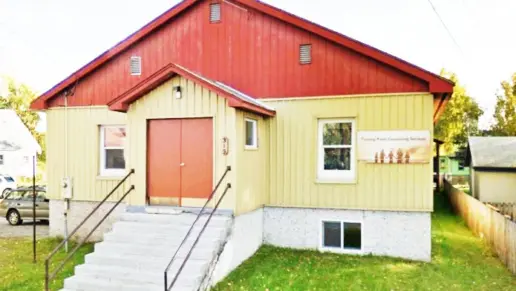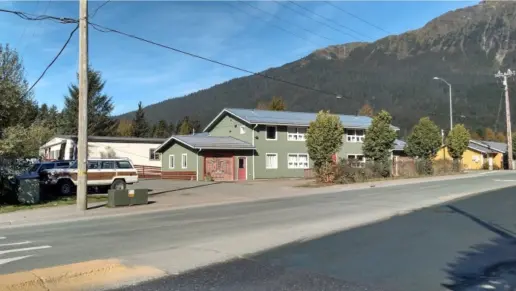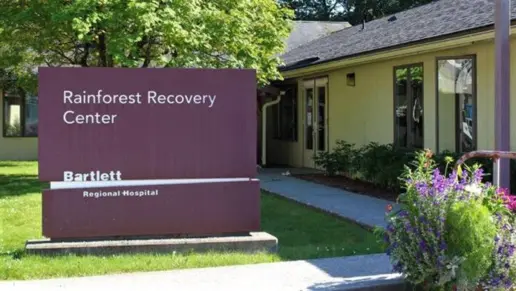About Ketchikan Indian Community
In Ketchikan Alaska, Ketchikan Indian Community provides outpatient services for drug abuse. KIC Tribal Health Clinic includes KIC Behavioral Health as a component. The clinic places a strong emphasis on family preservation holistic wellness and native cultural values. For those in recovery from drug abuse, they provide outpatient services grounded in Southeast Alaskan Traditional Tribal Values. Their program, which combines individual and group counseling, is aimed at fostering the development of recovery skills and fortifying ties to one’s culture.
In addition to case management services, they refer clients who need more intensive care to residential treatment facilities and other programs. Concurrent psychotherapy will be provided to program participants who are struggling with both mental health and substance abuse disorders in order to support their recovery in both areas.
A clinical psychologist can provide psychological testing that combines objective psychological measurement and clinical interviewing. The testing process seeks to show the person’s diagnosis, functioning level and the best course of treatment for their needs. An endorsement from a therapeutic resource is necessary.
They have a staff member available here to offer crisis intervention when a patient is in distress due to substance abuse issues. Mental health, drug abuse, or integrated assessments are offered by their clinical team. A counselor will question you about your past and present circumstances during the assessment and you might be asked to fill out several forms.
An individual’s treatment plan will be based on the diagnosis and written report that comes from the assessment.
They provide group, family, and individual psychotherapy services where clients meet with a mental health therapist in sessions. Talking with the therapist about the difficulties you are facing is usually the first step in therapy, though specific methods and interventions will depend on the therapist and the needs you identify. Their therapists are either licensed or under supervision to become licensed.
Gallery
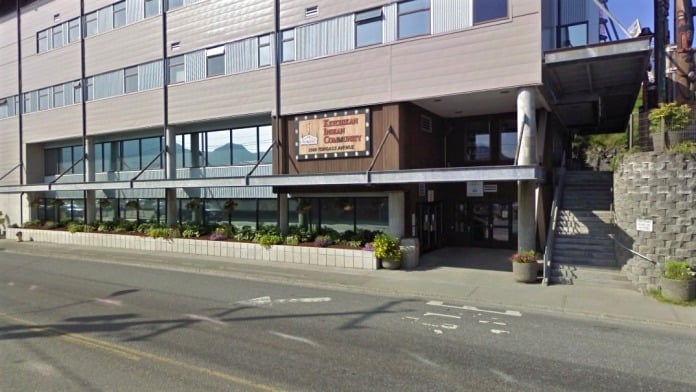
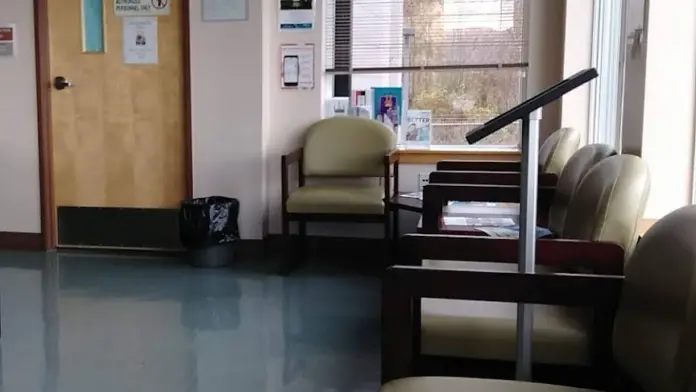
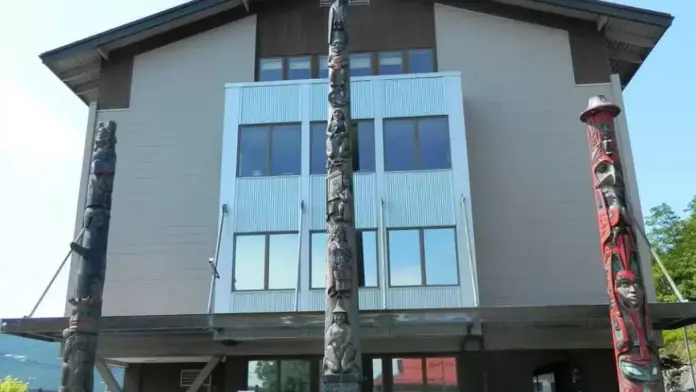
Location
Other Forms of Payment
Medicaid is a state based program that helps lower-income individuals and families pay for healthcare. Medicaid covers addiction treatment so those enrolled can use their coverage to pay for rehab. When a program accepts Medicaid the client often pays very little or nothing out of their own pocket.
Private insurance refers to any kind of healthcare coverage that isn't from the state or federal government. This includes individual and family plans offered by an employer or purchased from the Insurance Marketplace. Every plan will have different requirements and out of pocket costs so be sure to get the full details before you start treatment.
Self-pay involves paying for treatment out of your own pocket. You can use savings or credit, get a personal loan, or receive help from family and friends to fund your treatment. If you don't have insurance or your insurance plan doesn't cover a specific program, self-pay can help ensure you still get the care you need.
Financial aid can take many forms. Centers may have grants or scholarships available to clients who meet eligibility requirements. Programs that receive SAMHSA grants may have financial aid available for those who need treatment as well. Grants and scholarships can help you pai for treatment without having to repay.
Medicare is a federal program that provides health insurance for those 65 and older. It also serves people under 65 with chronic and disabling health challenges. To use Medicare for addiction treatment you need to find a program that accepts Medicare and is in network with your plan. Out of pocket costs and preauthorization requirements vary, so always check with your provider.
Military members, veterans, and eligible dependents have access to specific insurance programs that help them get the care they need. TRICARE and VA insurance can help you access low cost or no cost addiction and mental health treatment. Programs that accept military insurance often have targeted treatment focused on the unique challenges military members, veterans, and their families face.
Addiction Treatments
Levels of Care
Treatments
The goal of treatment for alcoholism is abstinence. Those with poor social support, poor motivation, or psychiatric disorders tend to relapse within a few years of treatment. For these people, success is measured by longer periods of abstinence, reduced use of alcohol, better health, and improved social functioning. Recovery and Maintenance are usually based on 12 step programs and AA meetings.
During drug rehab in Alaska, you'll receive a combination of medical and psychotherapeutic treatments that are designed to treat drug dependency. The goal of drug rehab is to break this dependency and help you develop the skills to maintain a drug-free life.
Many of those suffering from addiction also suffer from mental or emotional illnesses like schizophrenia, bipolar disorder, depression, or anxiety disorders. Rehab and other substance abuse facilities treating those with a dual diagnosis or co-occurring disorder administer psychiatric treatment to address the person's mental health issue in addition to drug and alcohol rehabilitation.
A combined mental health and substance abuse rehab has the staff and resources available to handle individuals with both mental health and substance abuse issues. It can be challenging to determine where a specific symptom stems from (a mental health issue or an issue related to substance abuse), so mental health and substance abuse professionals are helpful in detangling symptoms and keeping treatment on track.
Opioid rehabs specialize in supporting those recovering from opioid addiction. They treat those suffering from addiction to illegal opioids like heroin, as well as prescription drugs like oxycodone. These centers typically combine both physical as well as mental and emotional support to help stop addiction. Physical support often includes medical detox and subsequent medical support (including medication), and mental support includes in-depth therapy to address the underlying causes of addiction.
Programs


Clinical Services
Cognitive behavioral therapy in Alaska is often used in the treatment of substance abuse and co occurring mental health disorders. This method of talk therapy is one of the most effective methods of treating these disorders.
Based on cognitive behavioral therapy (CBT), dialectical behavior therapy (DBT) offers some of the same techniques as CBT but is adapted for individuals who are experiencing intense emotions. It helps the individual understand their emotions and change unhealthy behaviors.
Basic techniques for motivational interviewing include open ended questions and reflective listening. The therapist helps you come to your own conclusions about making changes in your life without coercion or judgment.
Trauma therapy addresses traumatic incidents from a client's past that are likely affecting their present-day experience. Trauma is often one of the primary triggers and potential causes of addiction, and can stem from child sexual abuse, domestic violence, having a parent with a mental illness, losing one or both parents at a young age, teenage or adult sexual assault, or any number of other factors. The purpose of trauma therapy is to allow a patient to process trauma and move through and past it, with the help of trained and compassionate mental health professionals.
A combination of nicotine replacement therapy (NRT), counseling, and peer support can be a good way to break free from smoking. The NRT treats your physical symptoms so you can focus on addressing any emotional or mental addiction.
Contact Information
201 Deermount St
Ketchikan, AK 99901
